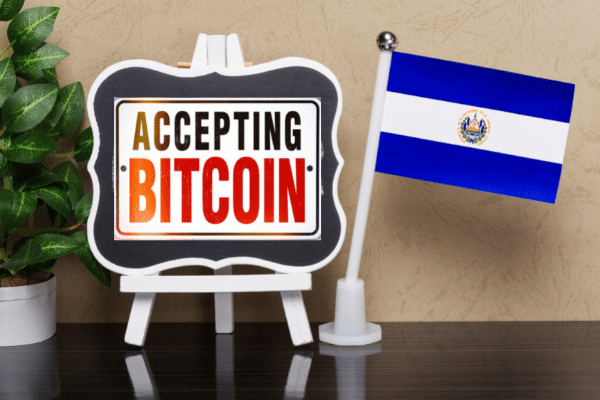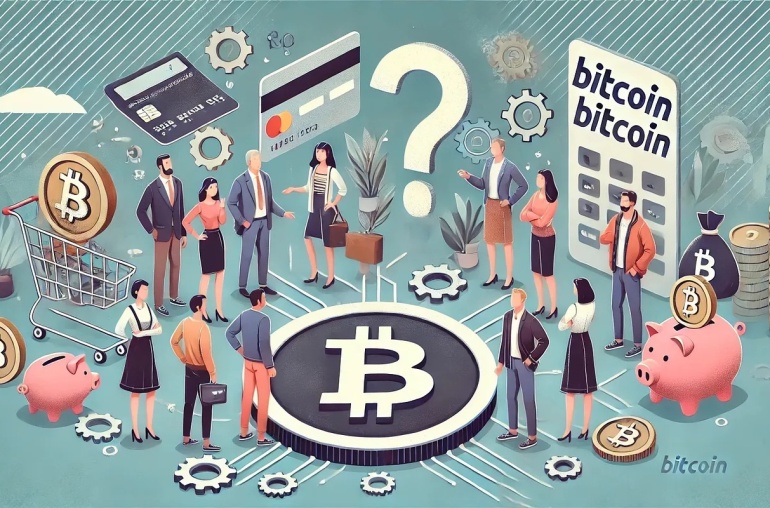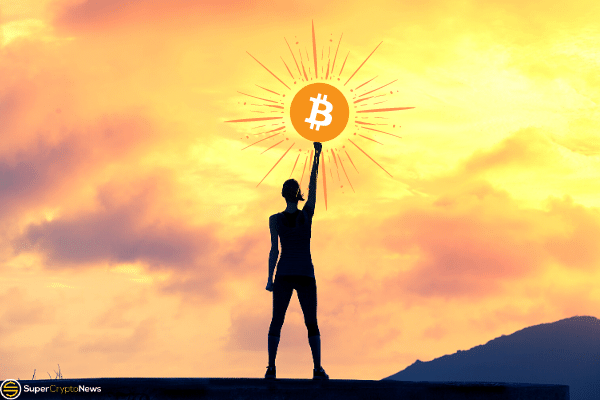
- Bitcoin is undergoing the biggest test in its 12-year history as El Salvador becomes the first country to adopt it as legal tender Tuesday.
- El Salvador bought some 400 Bitcoins ahead of the roll-out, with a market value of just US$20 million at current prices, but has plans to buy more of them.
Like so many other watershed moments, what happens next could make all the difference.
Take for instance the decision to invade Afghanistan and Iraq or El Salvador’s move to make Bitcoin legal tender, a major coup for the cryptocurrency set, but what happens when you get what you wish for?
As the first country in the world to make a decentralized cryptocurrency an accepted legal tender, Bitcoin is facing its biggest test in over a decade, more significant than any hard fork.
The world will be watching to see if Bitcoin can rival the dollar in terms of transaction volume in the impoverished Central American nation.
El Salvador bought some 400 Bitcoins ahead of the roll-out, with a market value of just US$20 million at current prices, but has plans to buy more of them.
If El Salvador’s Bitcoin experiment is a success, and that remains a big “if” there is the prospect that other countries may follow suit, to reduce reliance on the dollar.
But El Salvadoreans may be reluctant to spend any Bitcoin that they receive, especially as it is widely expected to increase in value, as opposed to the dollar, which is an inflationary currency.
The El Salvador government has so far rolled out its own Bitcoin wallet called Chivo, which comes preloaded with around US$30 worth of Bitcoin, in an effort to boost adoption.
Making Bitcoin “legal tender” means that businesses in El Salvador will be required to accept the cryptocurrency in exchange for goods and services and the government will also accept it for payment of taxes.
With a large portion of El Salvador’s economy supported by remittances, estimated at US$6 billion last year and around a fifth of GDP, it’s youthful president is hoping the move to make Bitcoin legal tender, will help lower the cost of sending money across borders.
El Salvador President Bukele’s administration has so far installed 200 Bitcoin ATMs around the country that can be used to exchange the cryptocurrency for U.S. dollars.
The El Salvador Finance Ministry has also created a US$150 million fund at state-run bank Banco de Desarrollo de la Republica de El Salvador, Bandesal, to back the transactions.
If El Salvador wants to get its impoverished population to start spending that Bitcoin however, the odds are against it happening as according to Bloomberg. two-thirds of respondents said that they would like to see the law repealed while an overwhelming 70% still preferred the dollar, the national currency of El Salvador.



